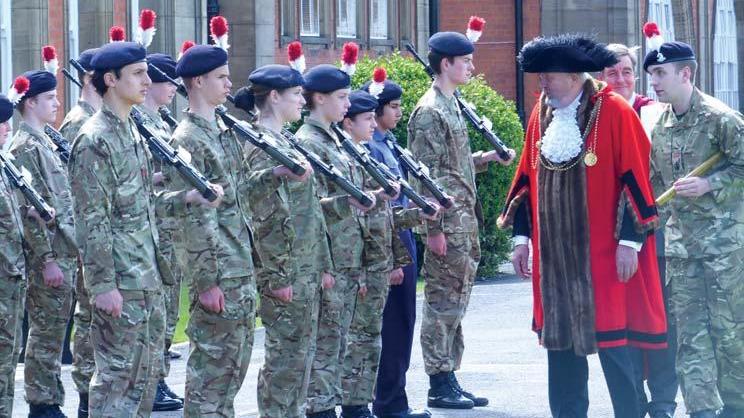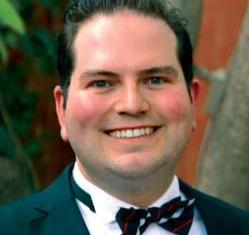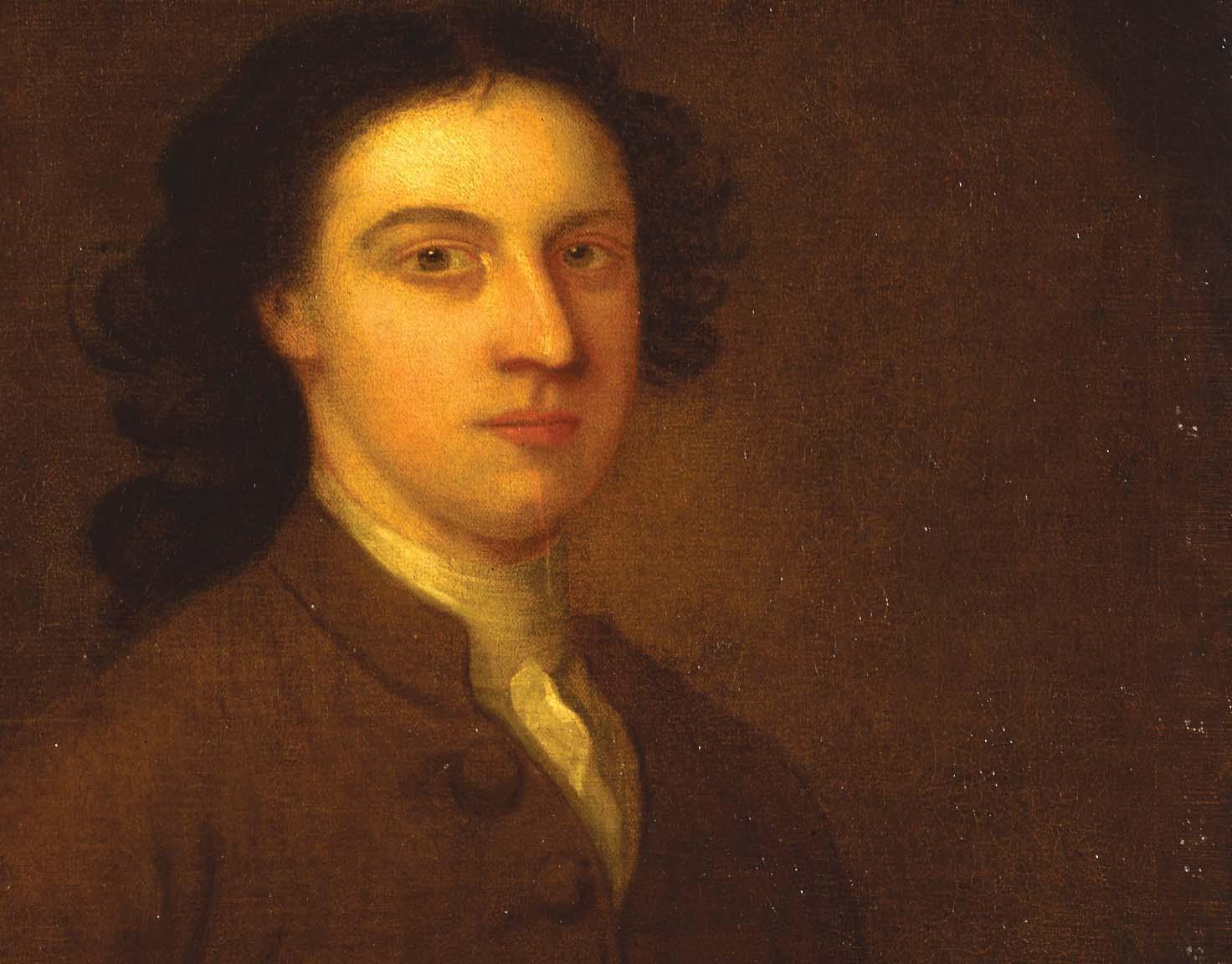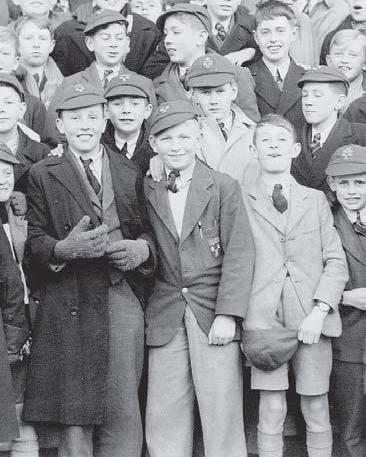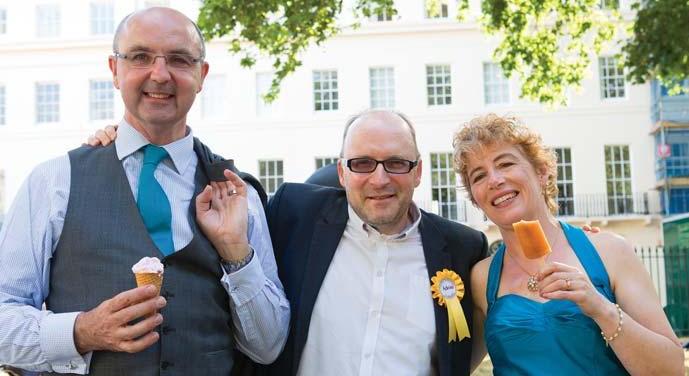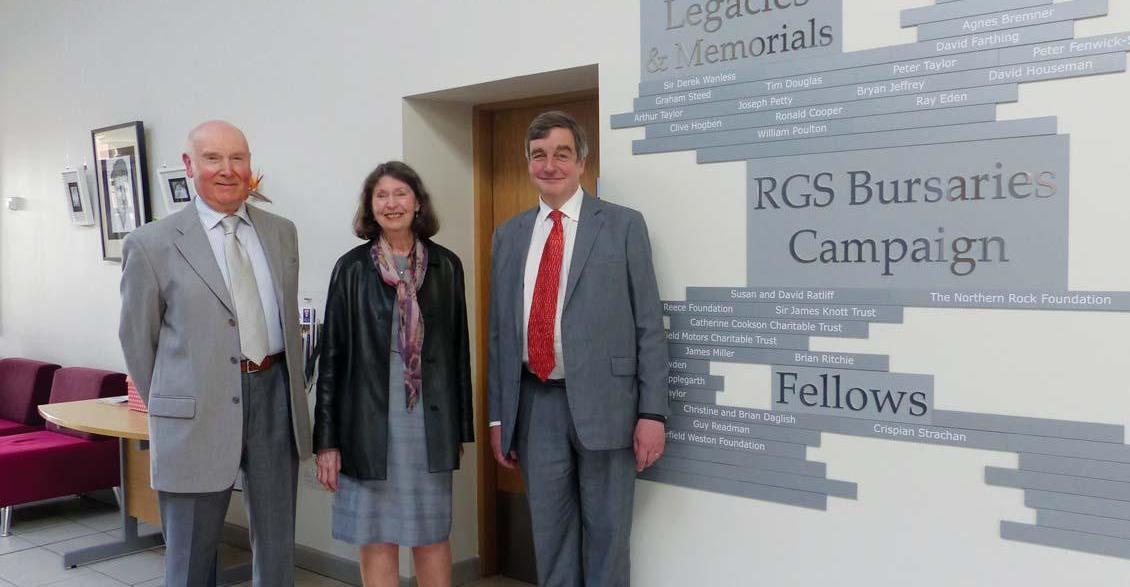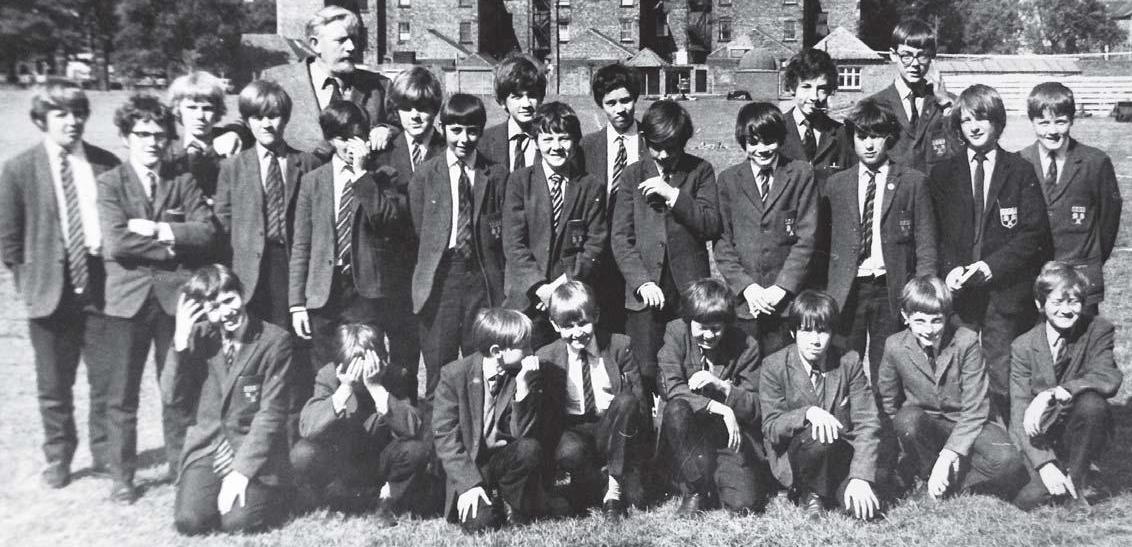
7 minute read
ONA Now and Then
from ONA 97
It’s impossible to resist the temptation to start with the Then. How sad to read, among the obituaries of several great supporters of the school, that we have lost two former ONA Presidents, Bill Weeks (35-44) and Rev Reg Harper (42-49). Both men were prepared through their work in the ONA to give something back to their old school on a significant scale – as well as enjoying the company of their former schoolfellows through the Association’s activities.
When I was appointed to the headship of the RGS (a year in advance, in 2007), a colleague back in Wolverhampton said, to my surprise, “My great-greatgrandfather was Headmaster. He was the one who built the school: look for the name Logan on the plaque”.
Advertisement
I did look: and I found it. So I have been fascinated in this edition to read of Samuel Logan (1883-1912) who managed 29 years as Headmaster.
Moving into the Now, there is one particular farewell I should mark. Every school says au revoir to members of staff at the end of a year, preparing to welcome others in September: such turnover is healthy, and I do not try to list all departures here. But I must mention my friend and colleague Stephen Davies who, after 10 years here, is leaving the History department to become vice principal and head of Sixth Form at Bede Academy in Blyth. He was for two years a very effective member of the ONA committee. Moreover, since the bicentennial year in 2010 he has been the school’s link with the Collingwood Society, formed in that year, as well as fixing our Peter Taylor Lectures: all the more generous, perhaps, because he is not an ON himself, but a former student of Dame Allan’s.
I must mention two other people, very much of our present. Legendary catering manager Barrie Bulch, for many years U16 rugby coach, was honoured this year by the English Schools Rugby Union for services to school rugby: I cannot picture a more worthy recipient. He remains with us, which is just as well: life without him and his marshalling of the school’s awesome catering forces (not least for the annual ONA Dinner in October) is unimaginable.
Almost as unimaginable is an RGS without Bursar Richard Metcalfe. After 17 years, however, he is finally hanging up his calculator and theodolite! Richard leaves a physical testament to his work here in the form of the magnificent Performing Arts Centre, Brandling development and extension to the dining facilities and our spectacular new Sports Centre. But, lasting though those signs of his achievement are, neither he nor I would want us to limit appreciation to those physical symbols.
Richard has been a towering strength in the school, seeing financial management not as something simply to control, but as a mechanism for ensuring that our boys and girls receive every possible opportunity. The staff who need his support have always received it – again, to the benefit of the students. He really has been an enabling and facilitating Bursar (which isn’t always the case in schools!) His genial presence, his unfailing kindness and his care for everyone will not be quickly forgotten: he has even looked after a student tutor set for Eldon House, a group who I know will miss him while they wish him well – as we all do.
It is always good, in the pages of this magazine, not simply to read of the past, but to find news of those with bright futures. So we congratulate Scarlett Milligan (09-11), a Sixth Form bursary holder who joined the school in 2009 and has now been called to the Bar of England and Wales. She hopes to be practising a combination of public, human rights, national security and tort law. Remembering her well, I wouldn’t want to be on the opposing side to her: but I’d be delighted to have her fighting my corner!
It is a great thing about the RGS that it is able to look in three directions at once. To its revered past, to its proud present and to what we are sure is a bright future. I think this magazine illustrates all three aspects vividly, and I hope you enjoy reading it.
Bernard Trafford
Headmaster
ONA Now and Then
A Life-Enriching Experience: And All Free!
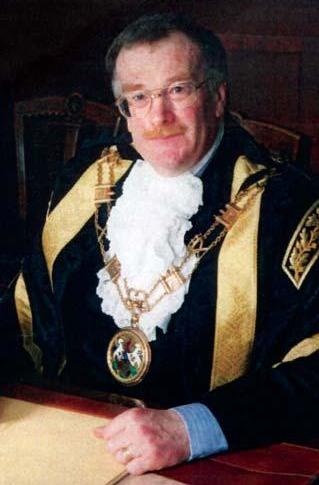
By Norman Shiel(60-67)
I had never heard of RGS until my parents told me that they were considering putting me in for the entrance exam in 1960. In humble little Blyth, where we lived, Newcastle was the distant metropolis visited only occasionally for something special such as first division football. I got a free place and free travel, so for seven years 60-67, RGS was my world and in nearly every way it was a very happy one. I resented the hour-long bus journey each way every day and vowed never to be a commuter in adult life, nor subject my own kids to such a fate either. I also regretted the fact that RGS was then not a football school. Otherwise all memories are pretty well positive save perhaps of the one odious reptile of a physics master who saw fit to persecute me for a year.
Certain things inevitably make vivid impressions on young minds. I came to realise this when I went into teaching and based much of my whole approach on all the good experiences that I had had at RGS. More esoteric things than teaching methods also played their part. I was very taken by both my first experience of the visitation of the Lord Mayor’s party to a morning assembly and also to being presented with prizes at Speech Day by Lords. In particular the Lord Mayoral visit appealed to me and I looked forward to that annual occasion far more than just in the hope of a day’s holiday being given. It all came back to me vividly when I became the Lord Mayor of Exeter in 2006.
I regret not having made more effort with rugby. I was big, strong and fast so could have been good at it, but simply could not see the point of that game when there was proper football that could have been played. My attitude only changed when my own son became a good and keen rugby player. My happy sporting memories thus all revolve around cross country which I took up in the Fifth Form in order to escape from rugby. I turned out to be reasonably good at it, so got to travel all over the place with the school team for my final three years –and came to know and admire BillElliot (52-88) who was in charge. Does the Miller Cup still exist, I wonder? I won it in my final year and with it embraced professionalism as there was a £5 prize which was very generous in those days!
RGS gave a pupil a real sense of involvement and belonging. There was rigour, but also some flexibility. In particular, life as a prefect could hardly have been better. Taught, as a classicist, in small groups by good teachers; able to use free time at will, whether for going on a training run on the ‘moor’ or for a walk to Dentons cake shop for a custard slice, it all made for a time to look back on with warmth and affection. I even managed to fit in seeing ten World Cup games including the final in 1966.
Some staff were real old school eccentrics, such as Jimmy Herdman (22-66), but you looked forward to their lessons. So one, whom I never had as a teacher, made an abiding impression on me at an assembly just by talking about the night he was walking past the palace in St Petersburg at the very time Rasputin was killed. I never forgot that little anecdotal window on the historical past as told by Anatole Theakstone (25-61).
Seven years at RGS on a direct grant certainly made a great impact on the naive working class boy who had never even heard of the place before he took the exam. It was a life-enriching experience and all free! What a time to have been born; what a school to have attended!
Ed: Yes, the Miller Cup does still exist.
In a centuries-long tradition, much loved by Norman, the Lord Mayor of Newcastle inspects cadets on the annual visit to the school, 2014
